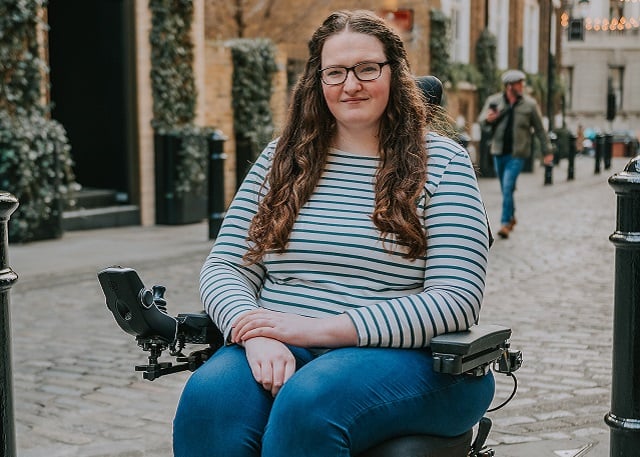
Drug combination could delay need for risky surgery in people with Marfan syndrome




Marfan syndrome, which is estimated to affect over one million people worldwide, affects the connective tissues that are responsible for holding the body’s cells in place. This can cause people with Marfan syndrome to have weak blood vessels. One of the most serious complications is weakness of the aorta, the main blood vessel carrying blood away from the heart. Over time the aorta can expand, increasing the risk that it will tear or burst. If this happens it requires immediate, lifesaving surgery.
People with Marfan syndrome are closely monitored to keep track of the size of their aorta. They will be offered surgery to replace the enlarged part of their aorta if the vessel becomes too large, however this is still high-risk, and recovery can take months.
Now, researchers have found that a combination of two drugs – beta-blockers and angiotensin receptor blockers – can slow down how quickly the aorta grows and delay the need for surgery.
Reassuring news
Beta-blockers and angiotensin receptor blockers are already prescribed to many people with Marfan syndrome to try to slow down how quickly the aorta grows, but the separate and combined effects of the treatments were uncertain.
The Marfan Treatment Trialists’ (MTT) Collaboration analysed the results of seven previous clinical trials involving 1,442 people with no prior aortic surgery to understand more about the effects of two medications. They found that individually, both beta-blockers and angiotensin receptor blockers helped to slow the growth of the aorta. However, a combination of the two medicines was more effective than when they were used alone.
The researchers say that combination therapy may reduce the rate of change by at least half and potentially by more over a three year period or longer, and this should delay the need for surgery.
Professor Sir Nilesh Samani, our Medical Director, said:
“This news should be hugely reassuring to people with Marfan syndrome. By slowing the growth of their aortas, this simple combination of two cheaply available medications offers hope that those with the condition will be able to live more of their lives free from the threat of needing risky surgery or experiencing a potentially deadly aortic tear.”
Shona's story

Growing up, Shona Cobb, 25, from St Albans knew she would need surgery to replace part of her aorta one day. “My cardiologist was always very open with me about that, but we didn’t think I’d actually need the operation until my late 20s or early 30s” she said. “But, on New Year’s Day 2021 I just had a feeling that I was about to be told I needed surgery soon.
Shona has Marfan syndrome, an inherited condition with affects her connective tissue. She said: “I ended up having surgery to replace my aortic root in June 2021 when I was 23. Due to the Covid-19 pandemic I’d had to wait six months, much longer than usual for someone in my position. I’d always known I had a ticking time bomb in my chest, but that feeling doubled as soon as I was told I needed surgery. I’d seen other family members with Marfan syndrome pass away after having aortic dissections, and I was very aware of being in this strange place of waiting while knowing my aorta was at risk.”
“I never imagined I’d have major heart surgery by my mid-20s. I was no stranger to operations growing up as I’d already had several to manage the secondary conditions I’d developed. But nothing could have prepared me for going through and recovering from major heart surgery, especially so young.
“These results are amazing news for people with Marfan syndrome. Being able to delay my surgery to an age where I had more life experience would have meant I was in a better place to handle everything that came with it.
“I know we’re not at the stage where doctors can completely remove the need for surgery, so to be told that taking a couple of tablets a day could delay this is an opportunity I would grab with both hands.”

